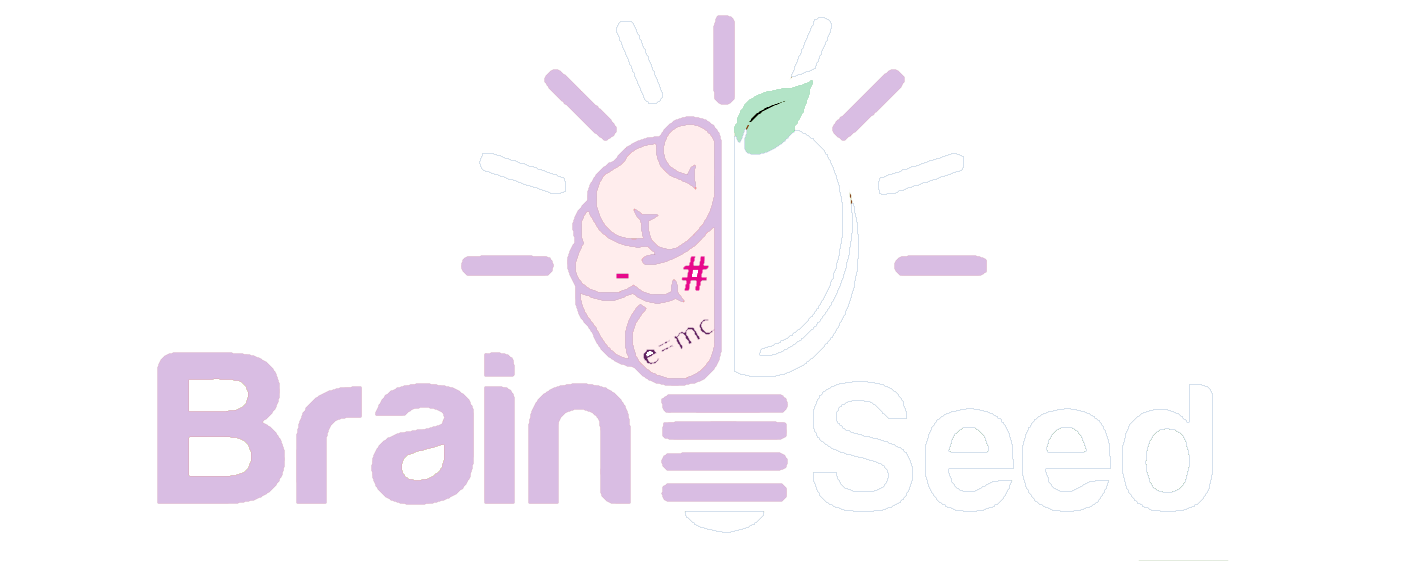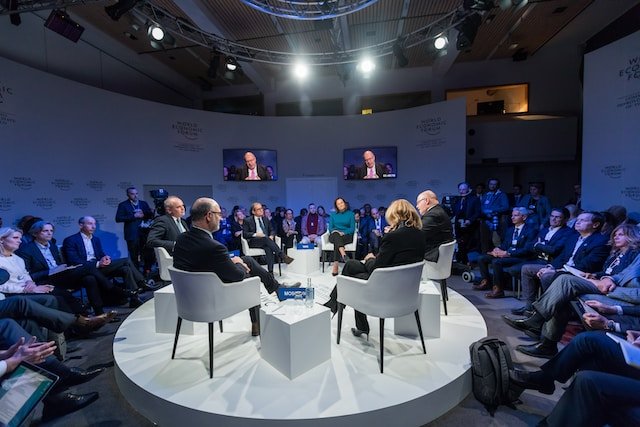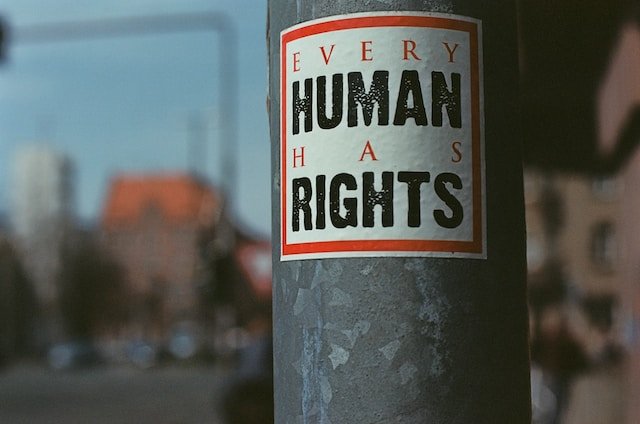How can drama be used to explore the experience of Hong Kong’s cultural policy and governance?
Drama is an incredible tool for investigating complex social and policy issues, and it can be used to examine the experience of Hong Kong’s cultural policy and governance. With the ongoing debate surrounding Hong Kong’s cultural identity and the impact of government policies on the arts, drama can shed light on these issues in an engaging and thought-provoking way.
Exploring Individual Experiences
One approach to using drama to explore Hong Kong’s cultural policy and governance is to focus on the experiences of individual artists and cultural practitioners. This can include plays that tell the stories of artists who have faced challenges such as censorship, lack of funding, or restrictions on creative expression. By portraying these experiences in a powerful and personal way, such plays can raise awareness of the impact of government policies on the cultural sector and the people who work within it.
Examining Broader Context
Another approach could be to examine the broader social and political context of Hong Kong’s cultural policy and governance. This could include plays that explore the history and evolution of cultural policy in Hong Kong, or that examine the cultural implications of political decisions and events such as the handover of Hong Kong to China or the ongoing protests and unrest in the city. By examining these issues in a dramatic and engaging way, plays can help to foster greater understanding and dialogue around the cultural identity and political situation in Hong Kong.
Respectful and Constructive Approach
In addition to exploring these themes through drama, it is important to consider the potential impact of this approach on the wider community. Drama can be a powerful tool for raising awareness and sparking discussion, but it is also important to ensure that it is done in a way that is respectful and constructive. This could involve working closely with artists, cultural practitioners, and community members to ensure that the play accurately reflects their experiences and concerns, and that it is presented in a way that is respectful of cultural and political sensitivities.
Conclusion
In conclusion, drama is a valuable tool for exploring the experience of Hong Kong’s cultural policy and governance. By telling the stories of individual artists and examining the broader social and political context of cultural policy in Hong Kong, plays can help to raise awareness and foster dialogue around the cultural identity and political situation in the city. However, it is important to approach this subject with sensitivity and responsibility, and to work closely with the wider community to ensure that the play accurately reflects their experiences and concerns.
Are you looking for a fresh and exciting way to engage your school’s drama program or your child’s creativity? Try YouTube drama! It’s a fun and modern way for students to create and perform in their own videos. YouTube drama is flexible, convenient, and can even reach a wider audience. Plus, it teaches valuable skills like video production, editing, and storytelling. Click here to learn more about how YouTube drama can benefit your school’s drama program.







